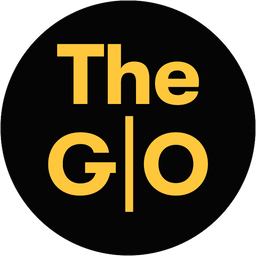The Sustainability Transformation Needs a New Narrative
Imme Scholz | The UN’s Global Sustainable Development Report 2023 shows that achieving the agreed targets requires sweeping reforms, not incremental steps. To ensure broad-based support policymakers must develop new narratives and pursue an equitable and just transformation.
By Imme Scholz*
In 2015, all 193 members of the United Nations agreed to achieve 17 Sustainable Development Goals (SDGs) – a broad policy agenda aimed at ending poverty, protecting the planet, and promoting well-being for all – by 2030. Now, eight years on, the UN’s Global Sustainable Development Report 2023 (GSDR) warns that the world is far from meeting these targets. Poverty and hunger are increasing, greenhouse-gas (GHG) emissions have continued to rise, and, at the current rate of progress, it will take 300 years to achieve gender equality.
The COVID-19 pandemic’s devastating social and economic impact certainly pushed us off track, as did the war in Ukraine. But the transformative action required to meet the SDGs has also been lacking. As the GSDR shows, incremental steps and targeted interventions will not suffice. Instead, we need sweeping reforms that pursue several SDGs at once.
According to the GSDR, the sustainability transformation is a process in which new technologies, infrastructure, and decision-making approaches replace old ones, addressing the negative effects of the existing versions and producing better results. This change is usually met with resistance and can lead to conflict, because it has a cost: companies need to find new business models and markets, and workers are forced to retrain and then find new jobs. Policymakers should anticipate and plan for these outcomes.
One such innovation is renewable energy. But in most countries, renewables are a complement rather than replacement for fossil fuels. Making a full switch, however, is necessary to reach net-zero GHG emissions, which the European Union aims to achieve by 2050. In addition to the large-scale deployment of renewables and clean technologies such as electric vehicles, it will be crucial to scale up investment in energy infrastructure, especially in Africa, and improve energy efficiency. Social innovations that emphasize the collective provision and use of space and mobility services can also help reduce energy use.
Sweeping changes are also needed to end hunger and halt biodiversity loss. People in wealthy countries should drastically reduce their meat consumption, adopt plant-based diets, and halve food waste. Globally, agriculture must adopt low-input and multifunctional production systems that preserve land, water, and biodiversity, and the use of persistent pollutants such as heavy metals and plastics must be cut significantly to ensure a healthy environment.
To promote human well-being and inclusion, policymakers must relentlessly pursue gender-equality objectives, which requires strengthening women’s legal status and economic autonomy. Moreover, putting a price on carbon in high-emitting countries could generate revenue for a global fund for social protection that low-income countries can use to improve education and health services. This would go a long way toward reducing poverty.
Transformation on this scale will not be easy to achieve. That is where the power of narrative comes in: people must be convinced that these changes are the best way to build a livable future, and that our current trajectory leads only to catastrophic outcomes that threaten human existence.
To shift the narrative, policymakers will have to learn how to shore up and maintain broad-based political and societal support for wholesale change. That means focusing more on common purpose than partisan conflict, developing long-term strategies that can achieve a just green transformation, and being proactive about identifying and resolving conflicts over the distribution of costs. It also means working with civil society, the private sector, and trade unions to identify implementation problems and adjust policies accordingly. Developing partnerships that enable mutual learning and exchange within and across regions can help build this capacity.
Democratic processes are fundamental to designing policies that fairly distribute the costs of transformation. The magnitude of the change required, however, is so enormous that anyone whose business or livelihood is affected will resist reform. Especially in societies with high levels of income and wealth inequality, people are more likely to believe that they will be worse off during such a paradigm shift.
That is why policymakers must put equity and justice at the center of this transformation and commit to transparency and accountability in determining how costs should be shared across different income groups and generations. Monitoring progress against agreed targets, in particular, would enable the public to hold government accountable, strengthening the rule of law and building trust in institutions.
As much as achieving the SDGs depends on democratic consensus, pursuing these radical but necessary reforms could in turn strengthen democracy.

*Imme Scholz, Co-President of the Heinrich Böll Foundation, is Co-Chair of the UN Independent Group of Scientists, which authored the Global Sustainable Development Report 2023.
Recently published Op-Eds:
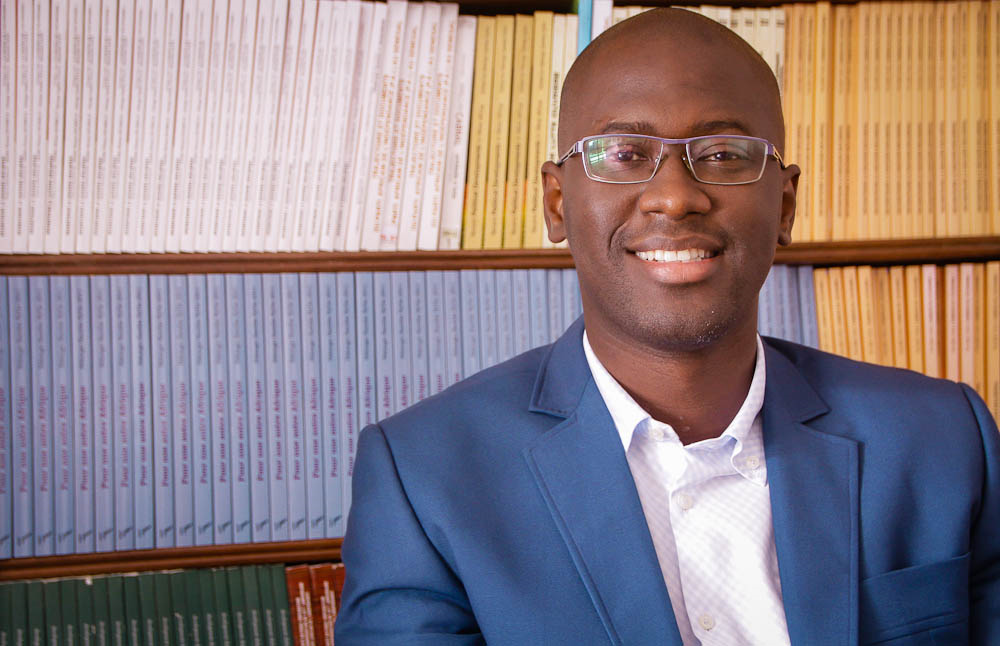
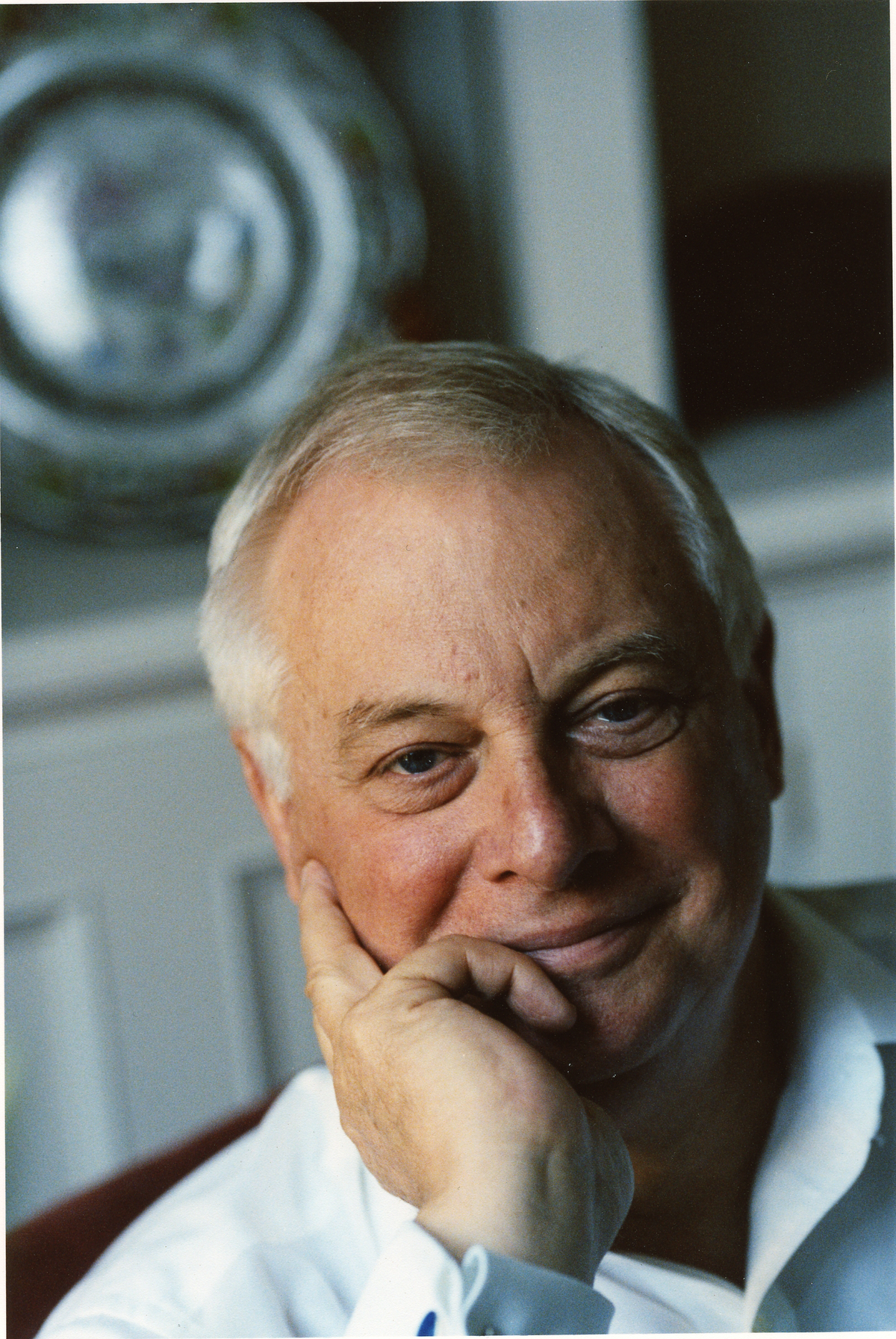
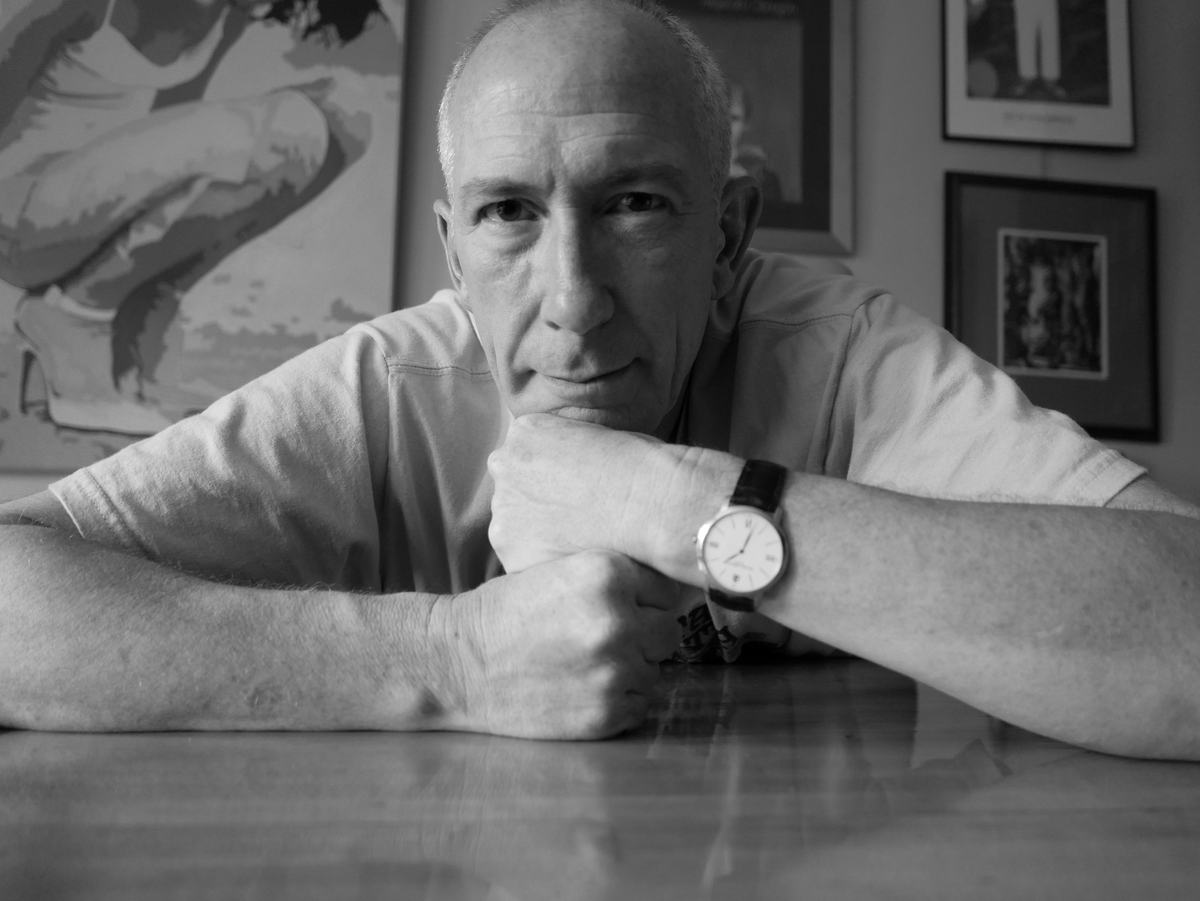
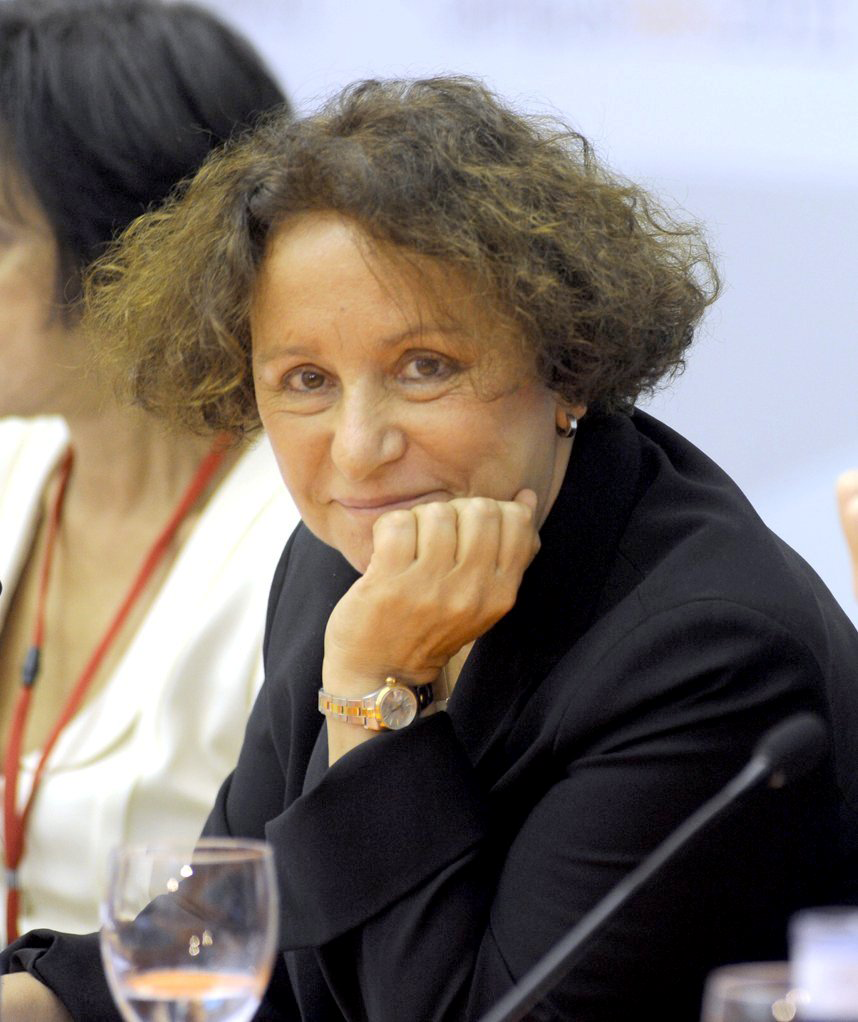
© Project Syndicate & The Geneva Observer

